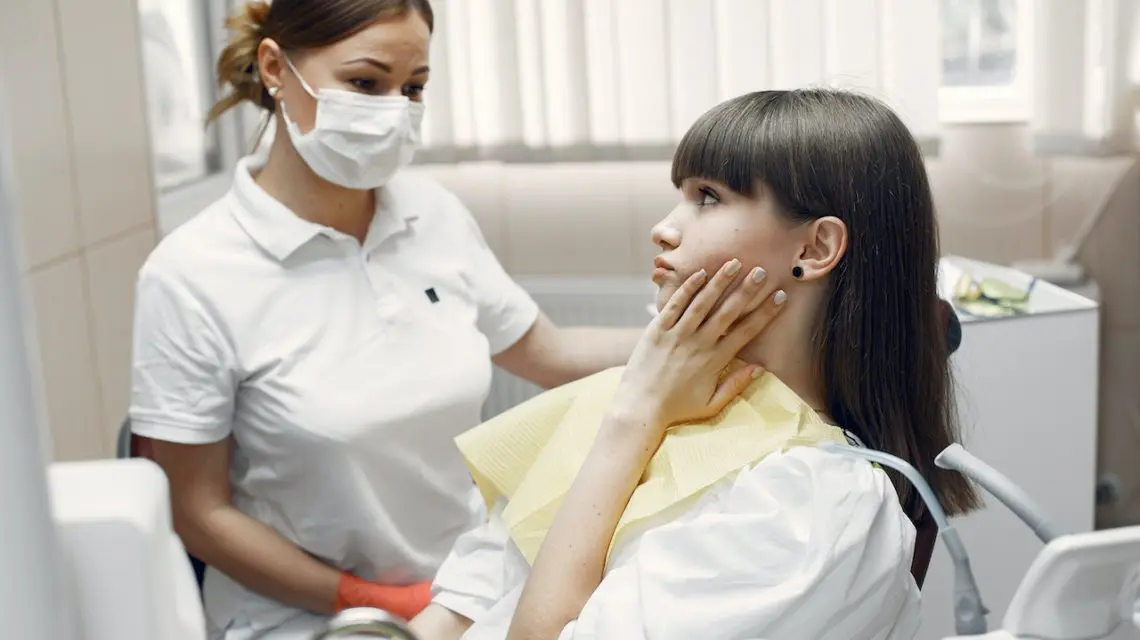Bruxism, also known as teeth grinding, can cause a variety of side effects that impact your oral health. Without treatment, these consequences can result in long term damage to your teeth, gums, and jaw.
At Country Club Dental, we want to help you protect your mouth from the damaging effects of grinding your teeth. We put together this guide to help you understand the importance of seeking treatment for tooth grinding as early as possible.
How to Know If You’re Grinding Your Teeth at Night
You might catch yourself grinding your teeth during the day when you’re stressed. However, many people grind their teeth in their sleep—a condition called sleep bruxism—and don’t even know it.
Symptoms of sleep bruxism include:
- Flattened, chipped, or loose teeth
- Worn out tooth enamel
- Tired or locked jaw muscles
- Frequent sleep disruption
- Toothache or sensitivity
- Jaw, neck, or face pain
- Earache that isn’t caused by an ear problem
- Grinding loud enough to be heard by a sleep partner
- Developing a dull headache around the temples
- Sore or damaged inner cheek
Three Major Side Effects of Teeth Grinding
1: Tooth Damage and Sensitivity
Grinding puts a lot of stress on your teeth and it can wear down their enamel, making your teeth flatter and shorter. As your enamel wears down, the sensitive pulp inside your teeth will become exposed, causing painful reactions to hot, cold, sticky, sweet, and acidic foods and drinks.
Weakened tooth enamel also leads to tooth discoloration, cavities, and jagged, chipped, or cracked teeth. Tooth grinding can even damage dental restorations such as crowns and fillings, leaving your teeth even more vulnerable to tooth decay and further increasing your risk of tooth sensitivity.
2: TMJ Disorders
Grinding your teeth also puts stress on your temporomandibular joint (TMJ), which connects your lower jaw to your skull. This can result in TMJ disorders that cause chronic pain, muscle tension, headaches, pain when eating or speaking, and jaw stiffness. Pain from TMJ disorders can even spread to your teeth and gums. Plus, if TMJ disorders go untreated, they can inflame joints and misalign your bite, leading to abnormal tooth wear and other complications.
3: Gum Recession
The stress from grinding can even affect your gums by causing your teeth to loosen. When your teeth shift, pockets can form in your gums that collect bacteria and make your gums pull away from your teeth (as gum recession). Increased exposure to bacteria also raises your risk of gum disease—an infection of the gums caused by the bacteria in plaque.
Gum disease starts out as bleeding gums (gingivitis), but can also cause gum recession, periodontal pockets, and other consequences as it progresses. If you already have gum disease, grinding your teeth can aggravate its symptoms. Keep in mind that treating bruxism won’t make gum disease go away. You’ll need quick intervention from a dentist to keep gum disease from getting worse.
How to Treat Bruxism
If you’re suffering from teeth grinding, it’s best to consult your dentist or doctor about treatment. To stop your bruxism and protect your teeth, they may suggest:
- Stress reduction techniques like meditation
- Jaw exercises and massages
- Wearing a custom-fitted mouthguard at night
- Cognitive behavioral therapy
- Physical therapy
- Quitting smoking and drinking alcohol
- Avoiding caffeine or reducing your intake
Treating Tooth and Gum Damage in Flagstaff
If you’re unsure whether you grind your teeth at night, contact Country Club Dental. We’ll check your mouth for signs of the effects of teeth grinding, and discuss your treatment options for any damage it has done to your teeth and gums. We can restore broken or lost fillings and crowns, whiten teeth, attach veneers, treat gum disease, and more. Call 928-526-4314 today to schedule an appointment.
Images used under creative commons license – commercial use (9/2/2022). Photo by Gustavo Fring on Pexels


